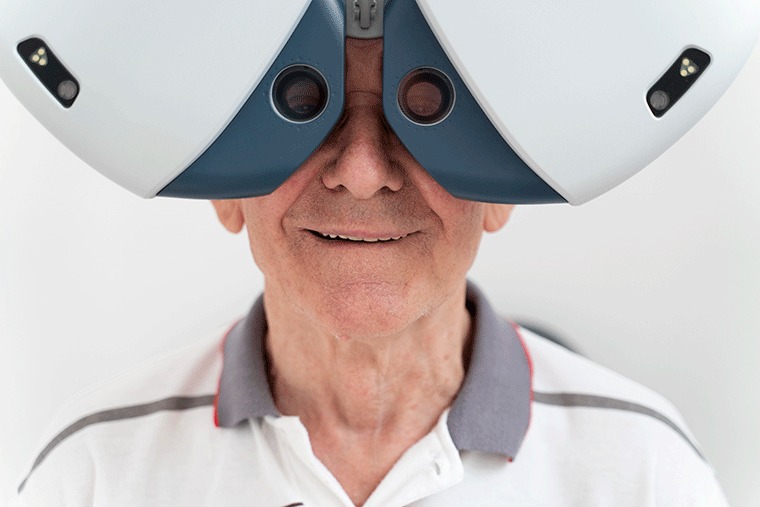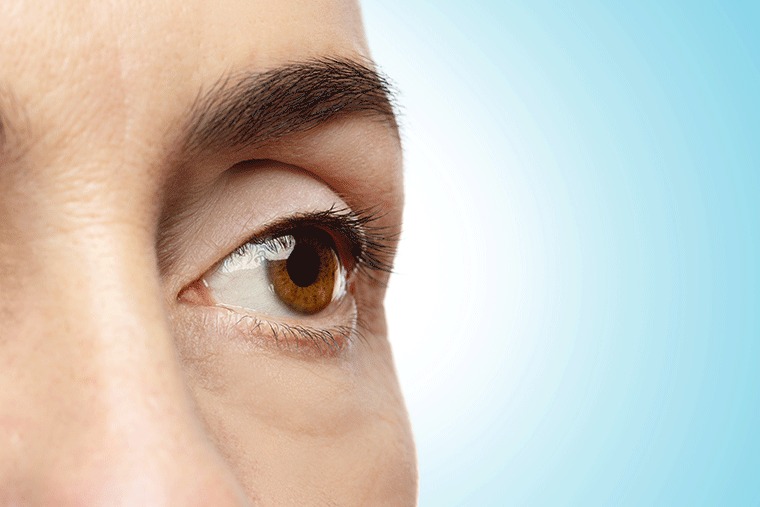Understanding Corneal Blindness: Who Needs a Cornea Transplant
November 11, 2023
Have Any Questions?
Please contact us, if you have any queries
Categories
Corneal blindness is a condition in which the cornea, the clear front part of the eye, becomes damaged or scarred, causing vision loss. The cornea is responsible for focusing light onto the retina, the light-sensitive tissue at the back of the eye. When the cornea is damaged, light cannot focus properly, resulting in blurred vision or even blindness.

What are the causes of corneal blindness?
There are many causes of corneal blindness, including:
- Injury: The cornea can be injured by a sharp object, such as a finger, a pencil, or a piece of glass. Chemical burns and sports injuries can also damage the cornea.
- Infection: Infections of the cornea, such as keratitis, can cause scarring and vision loss.
- Diseases: Certain eye diseases, such as keratoconus, Fuchs dystrophy, and bullous keratopathy, can damage the cornea and lead to blindness.
- Other causes: Other causes of corneal blindness include malnutrition, vitamin A deficiency, and congenital defects.
Who needs a cornea transplant?
A cornea transplant is a surgical procedure in which the damaged or scarred cornea is replaced with a healthy cornea from a deceased donor. Cornea transplants are performed to restore vision and relieve pain or other symptoms associated with corneal blindness.
A cornea transplant may be recommended for people with corneal blindness caused by:
- Injury
- Infection
- Disease
- Complications from previous eye surgery
- Genetic condition
How is a cornea transplant performed?
A cornea transplant is a relatively safe and effective procedure. The surgery is usually performed under general anesthesia. During the surgery, the surgeon will remove the damaged or scarred cornea and replace it with a healthy donor cornea.
There are two main types of cornea transplants:
- Penetrating keratoplasty (PKP): This is the most common type of cornea transplant. In PKP, the entire cornea is replaced.
- Endothelial keratoplasty (EK): This type of cornea transplant replaces only the inner layer of the cornea. EK is less invasive than PKP and has a shorter recovery time.

What are the risks and benefits of a cornea transplant?
The risks of a cornea transplant include:
- Infection
- Bleeding
- Cataracts
- Glaucoma
- Rejection of the donor cornea
The benefits of a cornea transplant usually outweigh the risks. Cornea transplants can restore vision and improve quality of life for people with corneal blindness.
How to prepare for a cornea transplant
If you are scheduled for a cornea transplant, your doctor will give you specific instructions on how to prepare for surgery. These instructions may include:
- Stopping certain medications
- Having someone drive you to and from surgery
What to expect after a cornea transplant
After a cornea transplant, you will need to rest and avoid strenuous activity. You will also need to take eye drops and medications to prevent infection and inflammation.
Most people recover from a cornea transplant within a few months. However, it is important to follow your doctor’s instructions carefully and to attend all follow-up appointments.
Cornea transplants are a safe and effective way to restore vision for people with corneal blindness. If you are considering a cornea transplant, it is essential to have a thorough discussion with your doctor about the risks and benefits of the procedure. For those seeking expert care and guidance in cornea transplantation, consider reaching out to Dr. Rani Memon’s Eye Clinic in Trissur. Their dedicated team specializes in comprehensive eye care services and can provide valuable insights into your treatment options. Restoring your vision and improving your quality of life is their top priority, and they are ready to assist you on your journey to better eye health.

